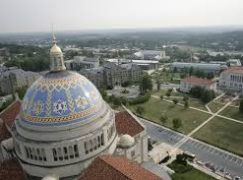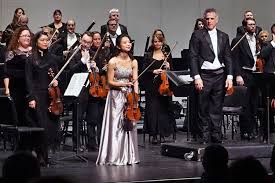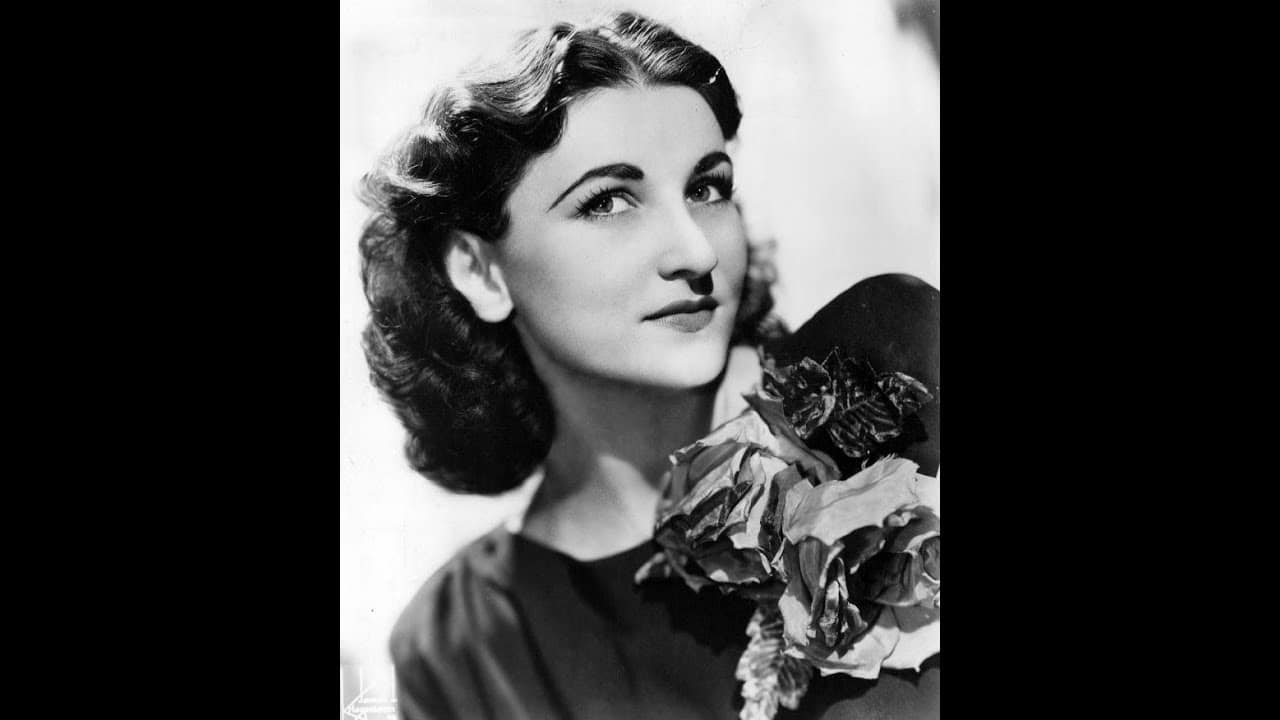Now the Catholics start cutting music
mainThe Catholic University of America, in Washington DC, is proposing to merge its music department with media and visual arts in order to save $3.5 million in academic salaries. Some 35 jobs will go.
Read here.







Comments